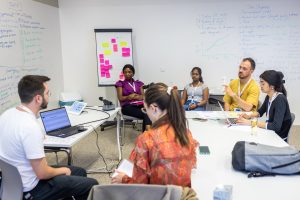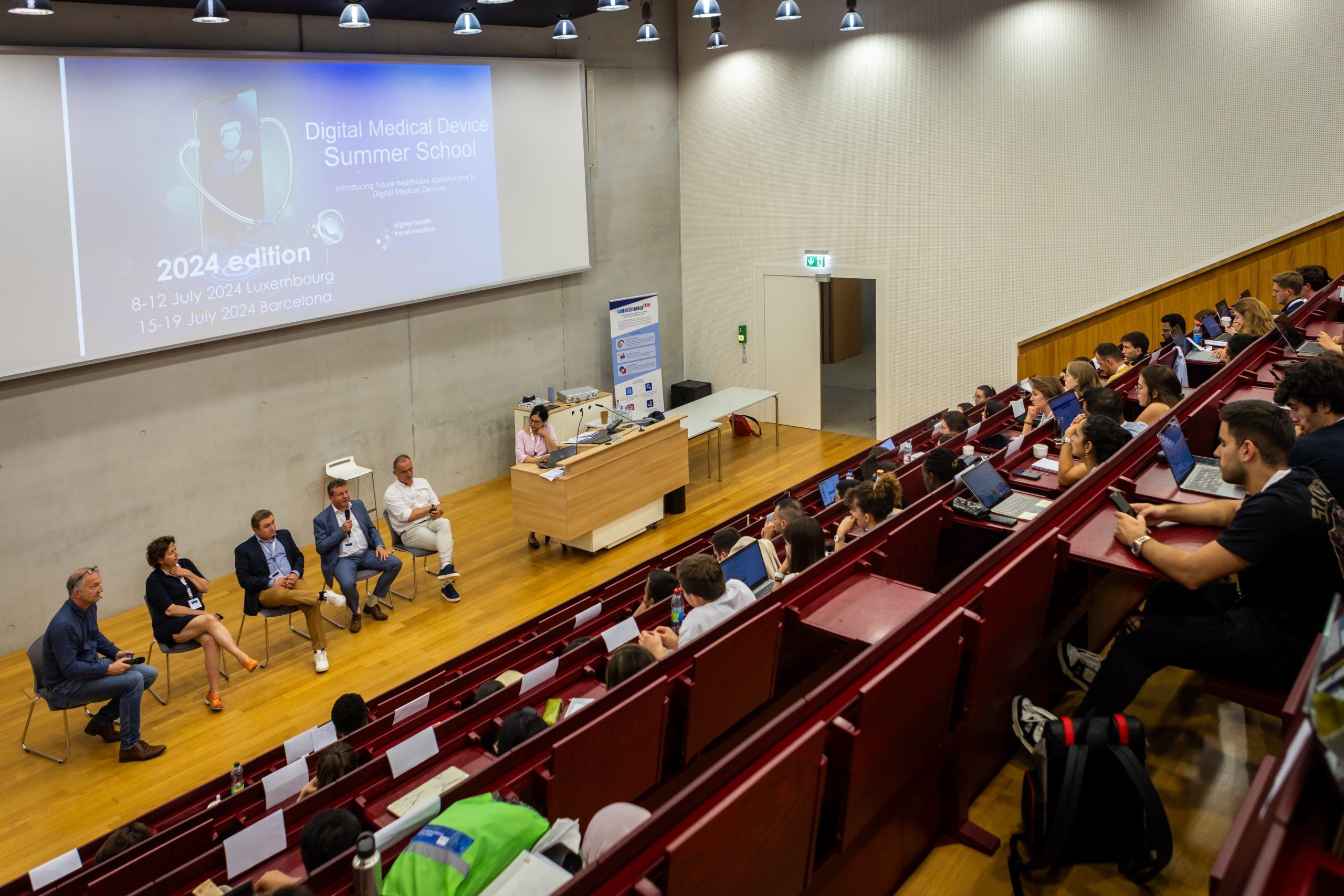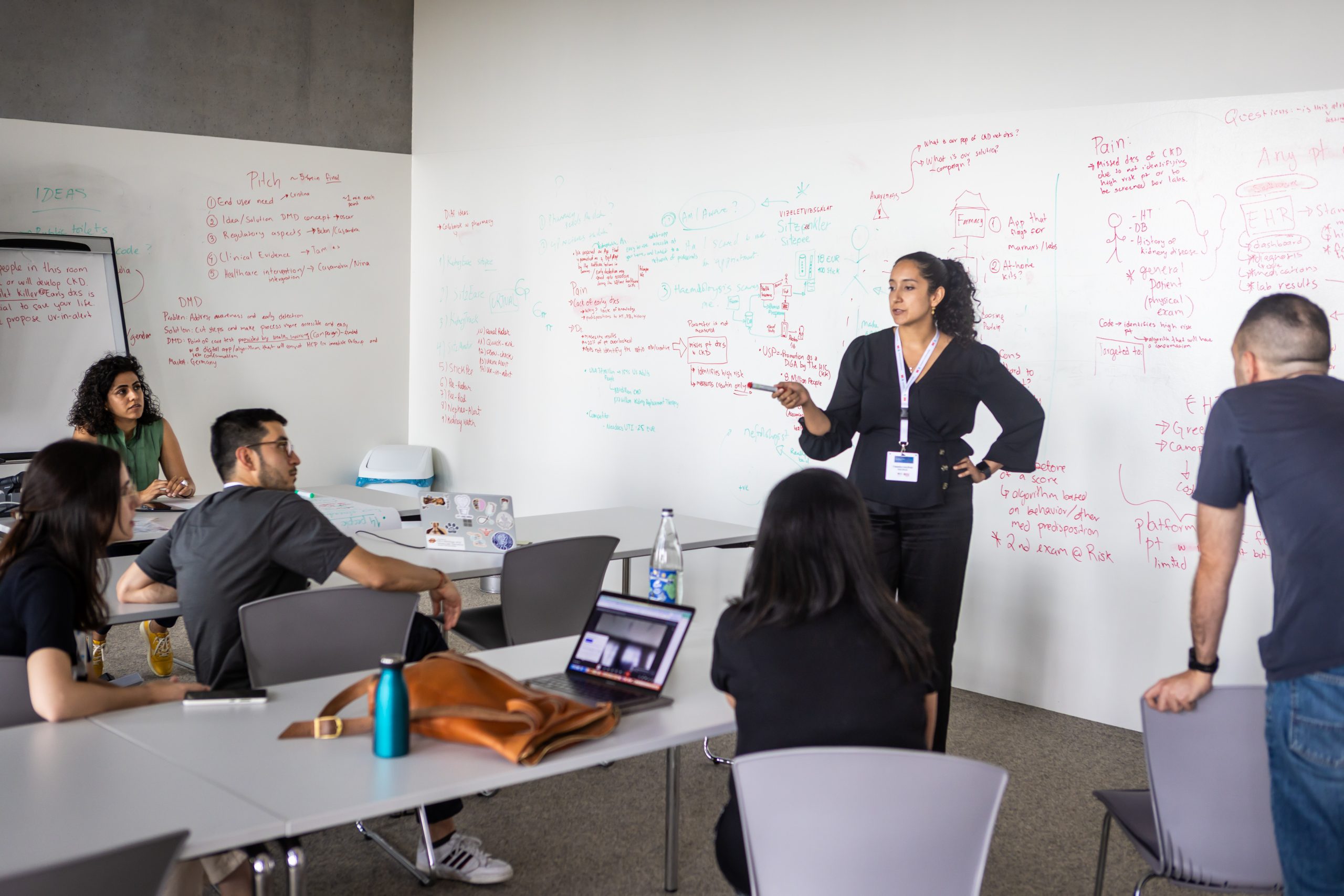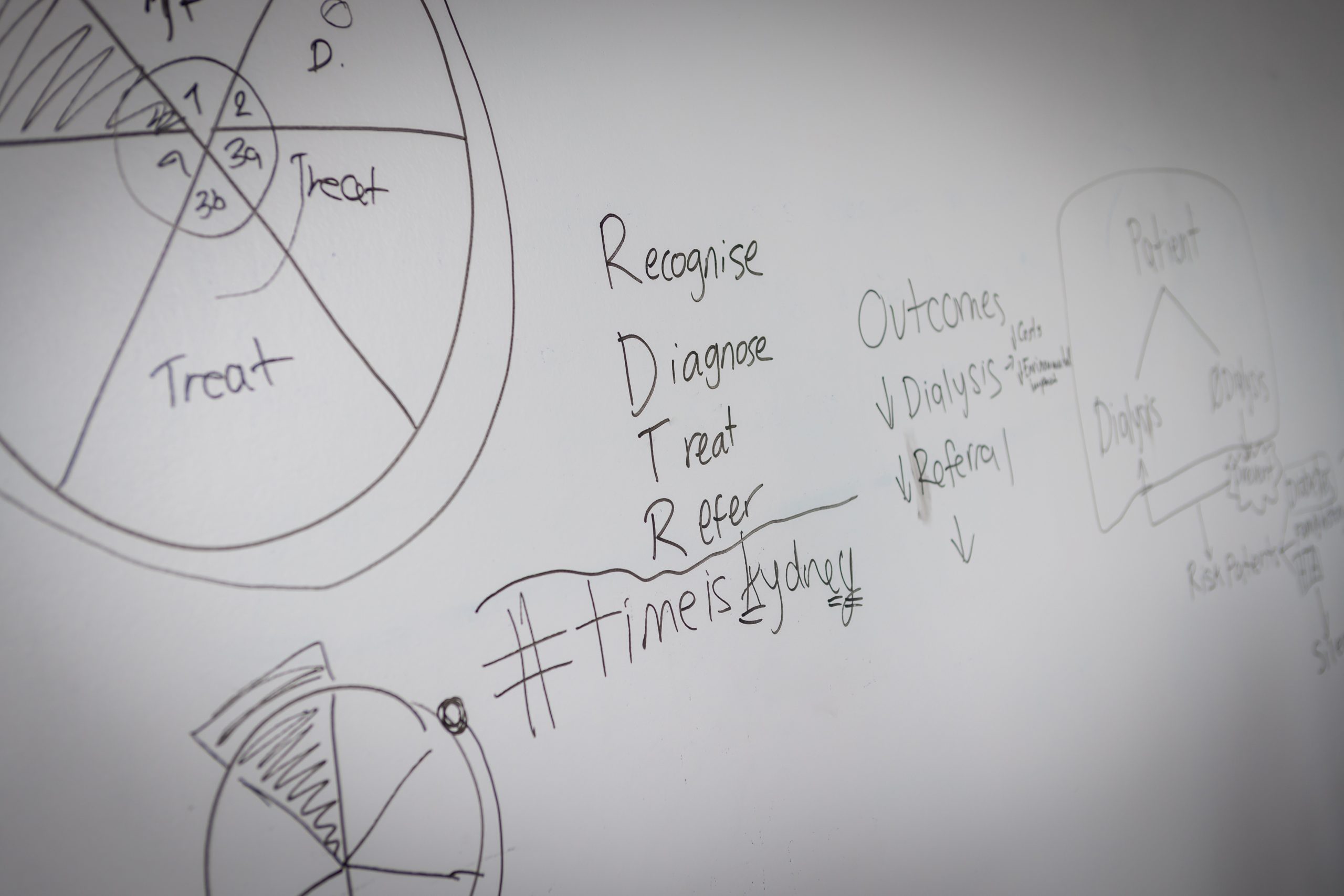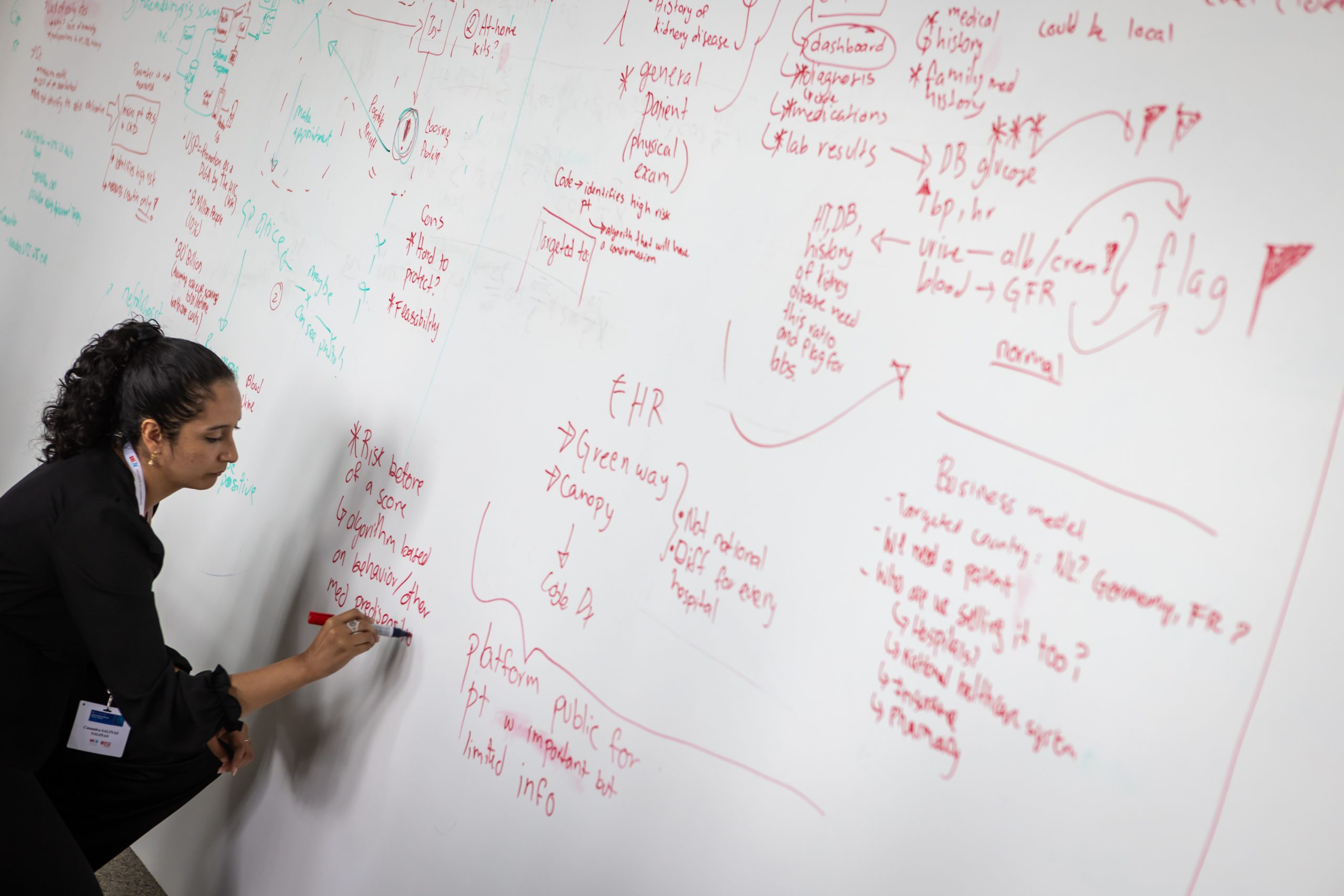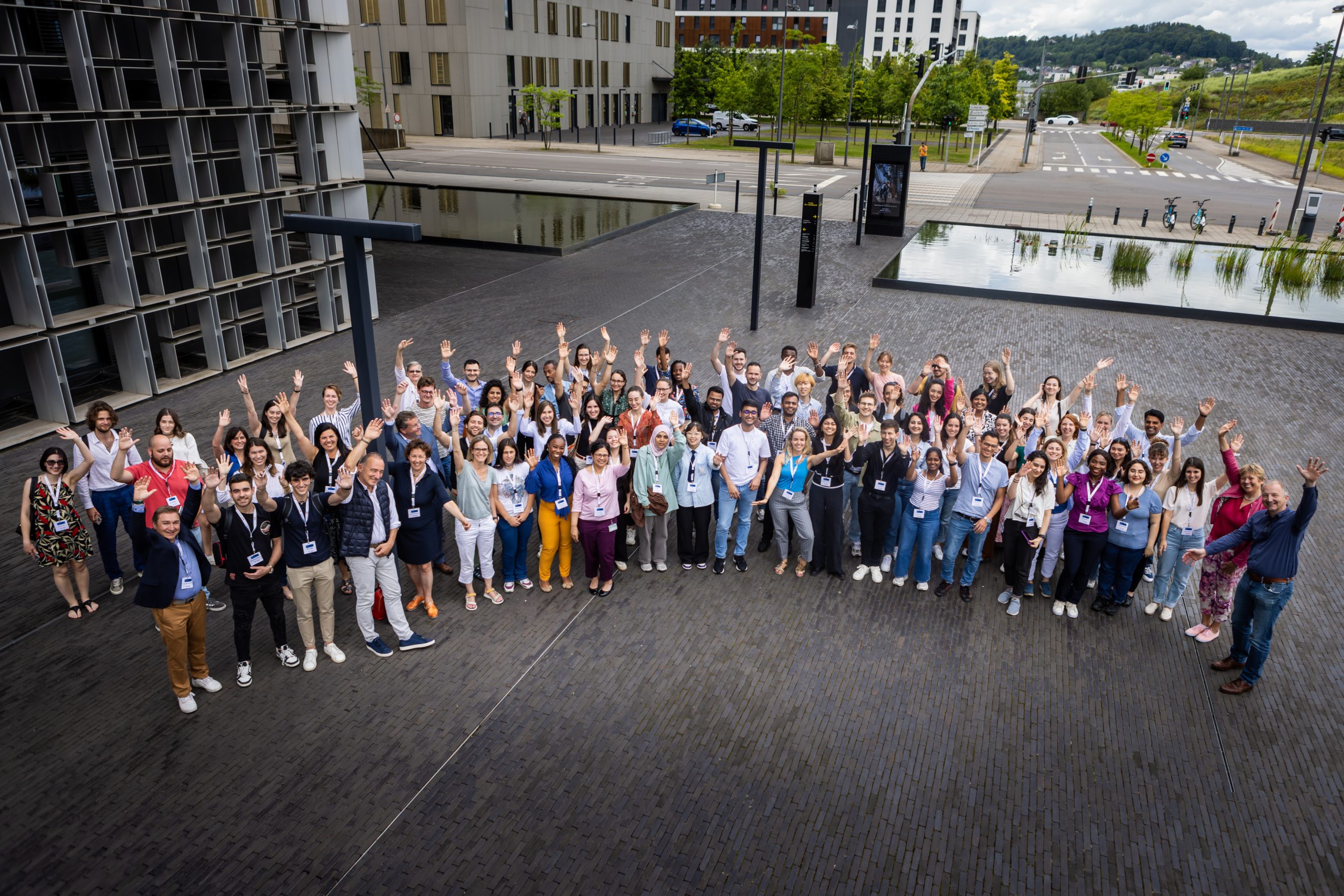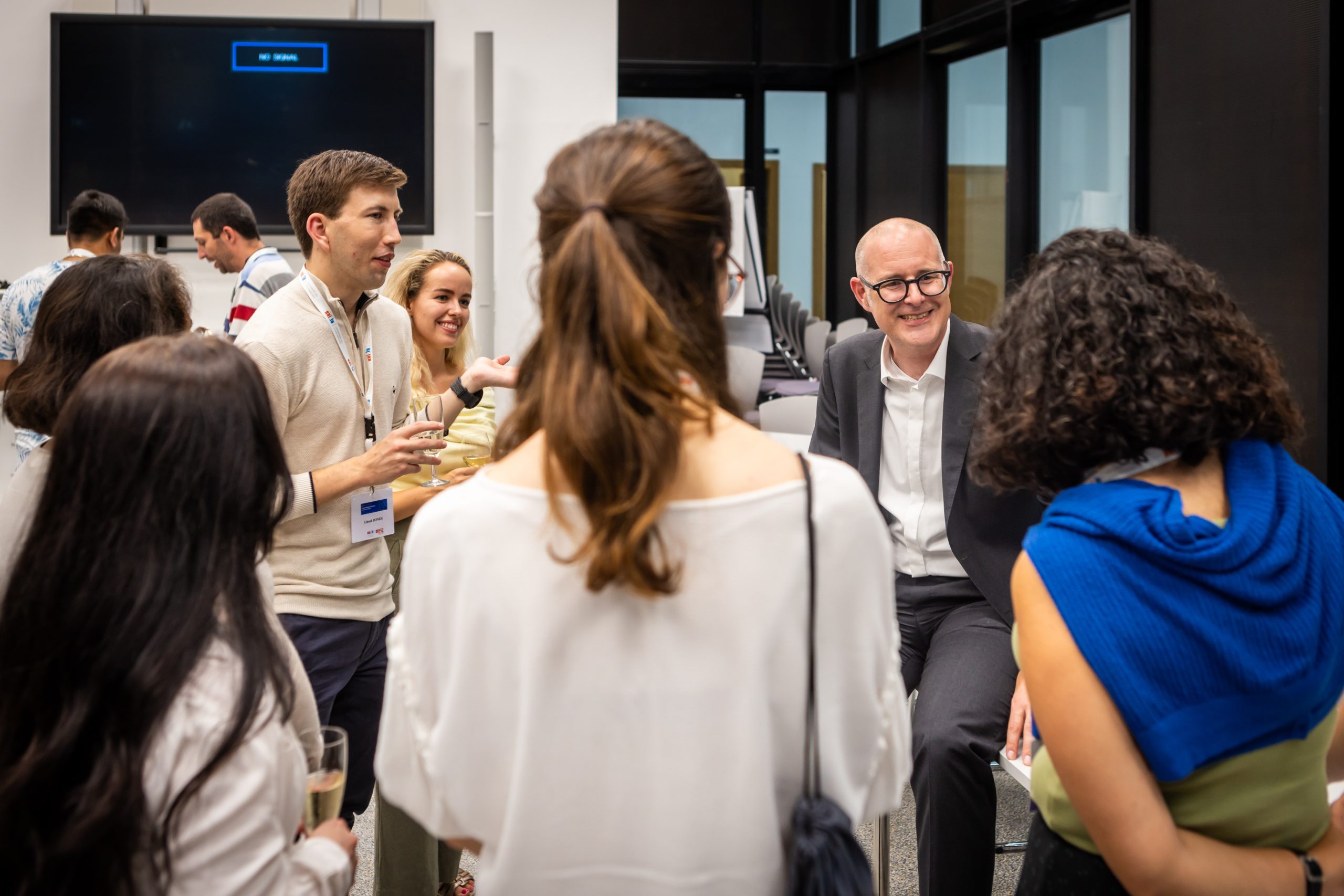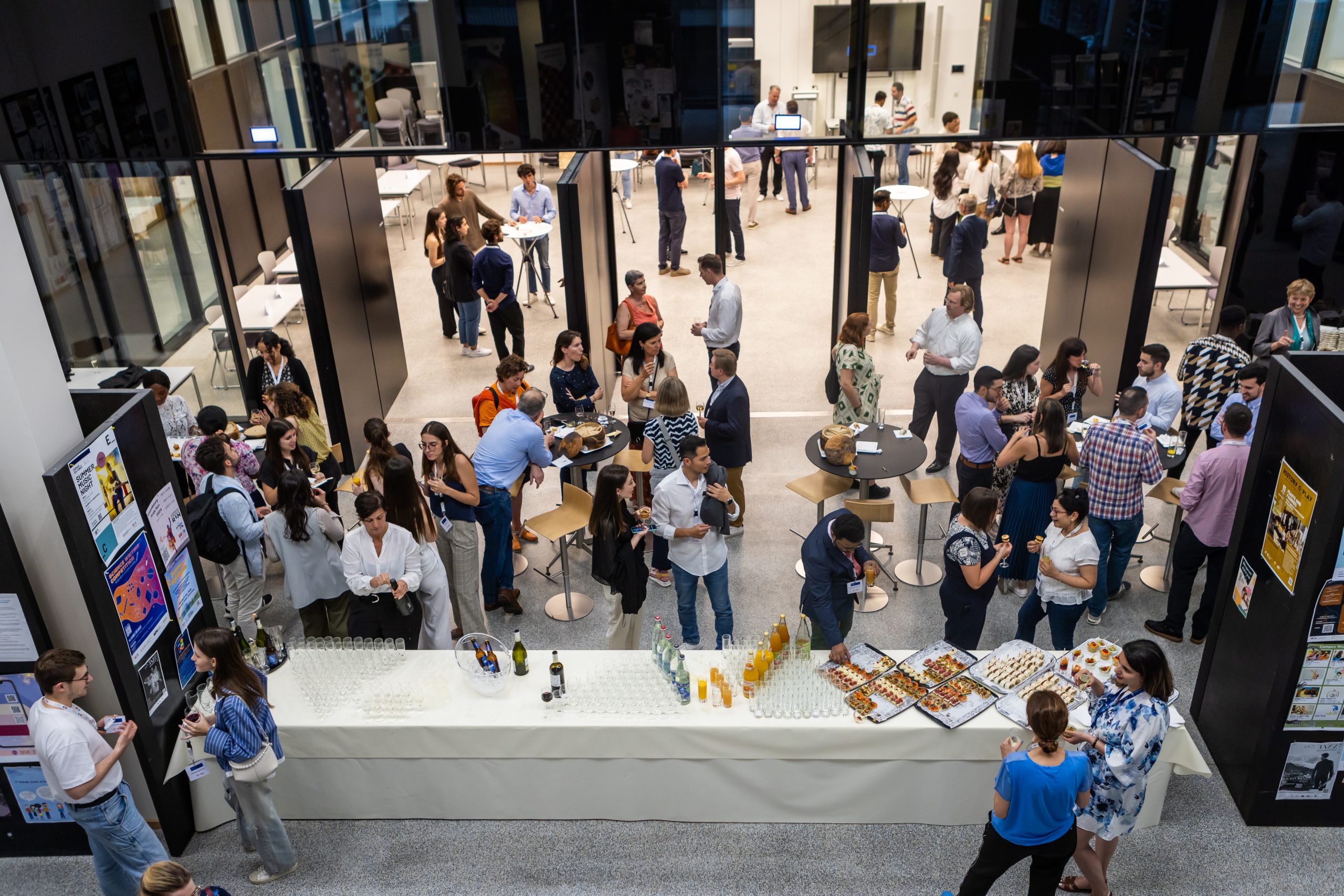From 8 to 12 July, the second edition of the Digital Medical Devices summer school took place on Campus Belval. Seventy participants from all over the world spent the week learning about “digital medical devices” (DMDs): from medical-grade apps on your smartphone to wearable sensors in your watch or on your shoes, supporting home-monitoring and clinical decision. Always keeping the patients’ needs in mind, they explored what these new technologies can do for users and medical professionals, how they should be developed and what challenges should be tackled to generate impact and value.
Between lectures and workshops, the young innovators had to come up with ideas for new devices addressing current healthcare needs. They are now ready for the second part of the programme: a week at the IESE Business School in Barcelona, organised by Dr Montserrat Codina Pascual and Dr Shabs Rajasekharan of the IESE Center for Research in Healthcare Innovation Management. There, the participants will discuss entrepreneurship and business models, to later successfully transfer innovation to personalised medicine and care.
A fruitful first edition
The feedback on last year’s edition was very positive and the outcome turned out to be more than a great learning experience for the participants. Two of them cofounded a healthcare start-up. Having met during the 2023 summer school for the first time, Martyna Jakubowska and Mateusz Dworak created AutoCast to improve the treatment of diabetic foot patients. They develop specialised insoles equipped with stimulation technology and compatible off-loading orthoses designed to accelerate the wound healing process. “Our entrepreneurial journey started last year during the Digital Medical Devices summer school, which prepared us well for the long road ahead, and our start-up has now won the first place at the Baltic Sea Region Health Innovation Award,” points out Martyna Jakubowska.
Ricardo Polar, another alumni of the summer school, is the CEO of Ping4All, a Sport-HealthTech Company based in Luxembourg. Together with Mateusz Dworak and Spyridon Zormpas, who also participated in the 2023 edition, they recently launched SharE4Elderly, an Erasmus plus project to promote active living and adaptive sports for seniors across Europe. “The summer school gave us the opportunity to explore synergies between our respective countries and we are now sharing senior-friendly practices, engaging with stakeholders and training representatives from Poland, Greece and Luxembourg,” details Ricardo Polar. “On top of tackling every aspect of the development of a DMD, the school contributes to building a network of health innovators across Europe.”
Learning to create good innovations together
DMDs have an important role to play in healthcare as they enable data collection, empower patients, and facilitate their interactions with medical professionals. The possibilities are endless, but innovators must learn how to develop tools that are medically relevant, user-friendly and empowering. “When a company wants to bring a new medication to the market, there are guidelines and a clear process to get there, through development studies and clinical validation trials,” explains Prof. Jochen Klucken, FNR PEARL Chair for Digital Medicine and coordinator of the summer school in Luxembourg. “This concept of evidence-based medicine is just starting for DMDs and we should strive to build this global framework, to make sure we develop and reimburse devices that are validated for being both safe and effective.”
Through a hands-on program, the summer school brings together students and young professionals from a wide range of backgrounds to learn more about the life cycle of DMDs, reflect on the existing challenges – from data privacy to ethics and digital adoption – and come up with ideas to ensure value for patients and healthcare professionals alike. “With a multidisciplinary and multicultural group of participants, mentored by seasoned innovators, policy makers and entrepreneurship experts, we get very productive discussions,” says Dr Fozia Noor who organises the week in Luxembourg. “People experience what it takes to bring a good digital medical device to life and together we contribute to transforming medicine, one summer school at a time.”
International collaborations for a great educational programme
The collaborative aspect is an important part of this educational programme. Funded by the European Union through EIT Health, the summer school was co-created by the University of Luxembourg and the IESE business school of the University of Navarra, with the support of Roche. It combines the scientific approach of the Digital Medicine group at the Luxembourg Centre for Systems Biomedicine (LCSB) and the entrepreneurial expertise of one of the top business schools in the world, while ensuring links to the industry and the regulatory bodies.
The recipe proved successful since the organisers received over 200 applications for this second edition and additional European universities are now interested in joining the programme. “We are really delighted that we can both put Luxembourg on the map as a driving force in digital medicine and train future innovators to harness their creativity toward new solutions for healthcare,” concludes Prof. Catherine Léglu, Vice-Rector for academic affairs of the University of Luxembourg, who welcomed the participants on Campus Belval at the beginning of the summer school.
All images: © www.olivimages.com – Olivier Dessy
